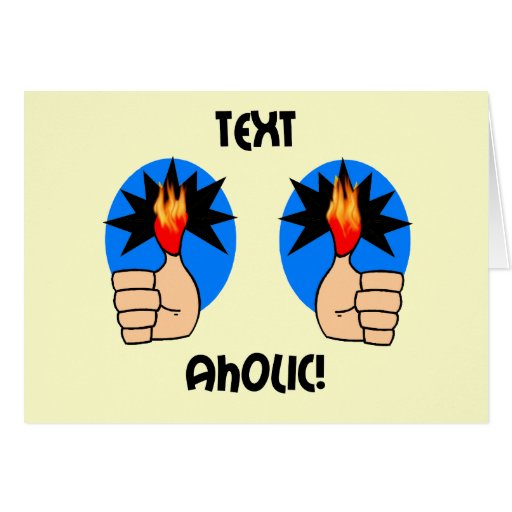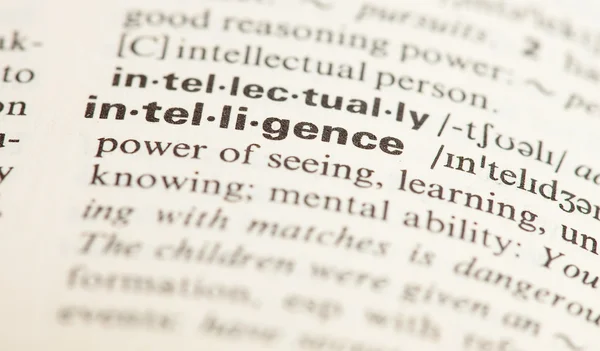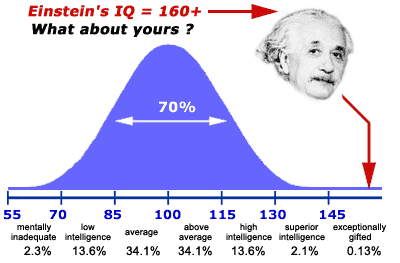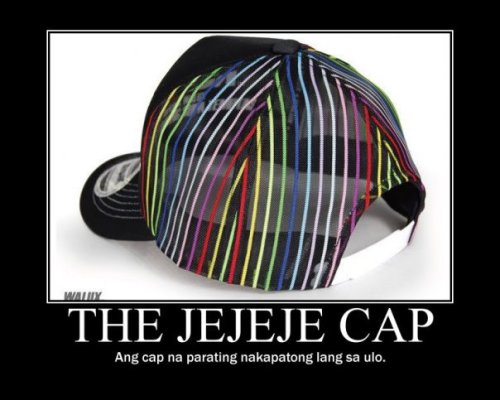One of the characteristic a Filipino will surely possess is
being stingy in nature. We love to recycle like using the cooking oil more than
seven times or until the color is nearly dark brown. We are fond of those
sales, thrift shops and imported secondhand RTWs. We love those free tastes
food found in the supermarkets and the freebies given away. And of course would
I forget how we love buying things little by little? Like those of shampoos in sachets,
condiments in sachets rather in bottles or plastic containers and even water can
be bought in sachet! In addition to that, we also prefer texting than calling
because of its convenience and lower rates.
Texting is one of the communications we use every day. With just few strokes of our fingers words are typed and sent directly to our receiver. Texting
from being a necessity becomes a hobby then an addiction. From the article “Texting
addiction: 10 Signs your teen is addicted to texting” by Sue Scheff from
the site Examiner.com, she came up with the possible signs to determine one as
a text-addict:
- · Calluses on thumbs or experiencing pain or cramps because of excessive strokes done by the fingers.
- · Runs into things where kids hurry things just to do text messaging.
- · Deformed neck because of hours and hours of bowed head.
- · Speaks in acronyms like saying BTW instead of by the way, OMG for expression and the like.
- · Attached to phone wherein kids can never go anywhere without phone on one’s hand.
- · Unaware of surroundings and less focused on whatever is happening around him/her.
- · Takes phone to bed and sometimes sneaks and stay late nights just to continue conversing with their peers
- · Panics attacks whenever they are separated with their phones or whenever the phone is unseen.
- · Unable to function without the phone
- · Combative behavior whenever parents confront them about their “hobby”

This article suggests that parents should intervene if ever they saw these signs and remind their child that there is still a world outside aside from their texting world. Reading this article, I noticed that it is also a sign if someone does not give any attention to grammar and spelling of words. But texting is limited hence; we tend to shorten the words and use numbers or other signs in order to send the message. But in a technological world, does spelling and grammar really matter?
From the site livescience, an article, “Texting May
Lead to Bad Grammar”, written by Megan Gannon proved that because of frequent
texting, teenagers develop inappropriate grammar. And one of the reasons is the
influence of their family or friends who they frequently interact and send
grammatically incorrect text messages. Because of this, they tend to switch
techspeak and the prescribed words when doing formal writing.
“Do
grammar and spelling matter?” by James Adonis in the site The Sydney
Morning Herald stated some common errors such as the apostrophes for its and it’s,
the use of article a and an before the letter H, mixing up different words such
as affect and effect, complimentary and complementary, lead and led and of
course you’re and your. The article’s gist is that communication is interrupted
because of these flows which lessen ones credibility and professionalism.
From the article “Does
Spelling Matter?” by Harvey Morris in the site IHT Rendezvous, Simon
Horobin of Magdalen College, gave his insights about the accepting the change
in word spellings. He also pointed out that knowing the standard spelling
should not be confused with one’s intelligence. Simon Heffer, a newspaper columnist,
agreed with him and stated that there are truly inane people who can spell
perfectly and some apparently brilliant ones who can’t. Another article, “In An
Autocorrect Generation, Does Spelling Still Matter?” found in Here &
Now, with Robin Young and Jeremy Hobson supported this. It is about Connecticut
eighth-grader Thomas Hurley who was a “Kids Jeopardy” contestant made it all
the way to the Final Jeopardy round and even got the right answer but
misspelled it. Again, Horobin insisted that spelling is important but because
of technology we should be more acceptable of the changes it does to the words.
Reading the articles gave me assumptions that spelling and
grammar depends on your receiver and the situation. The first article gave me the
assumption that one can be less conscious about grammar and spelling when conversing
with people close to you. You can use shortcut of words, may occasionally
mistype some words without correcting it or even commit some grammatical flows since
it is an informal conversation. On the other hand, one should be very cognizant
about it when conversing formally because this affects the impression you’re
leaving to the person whom you’re talking to. Or when you are in formal occasions, you should be very keen in discerning your
grammar and spelling.















